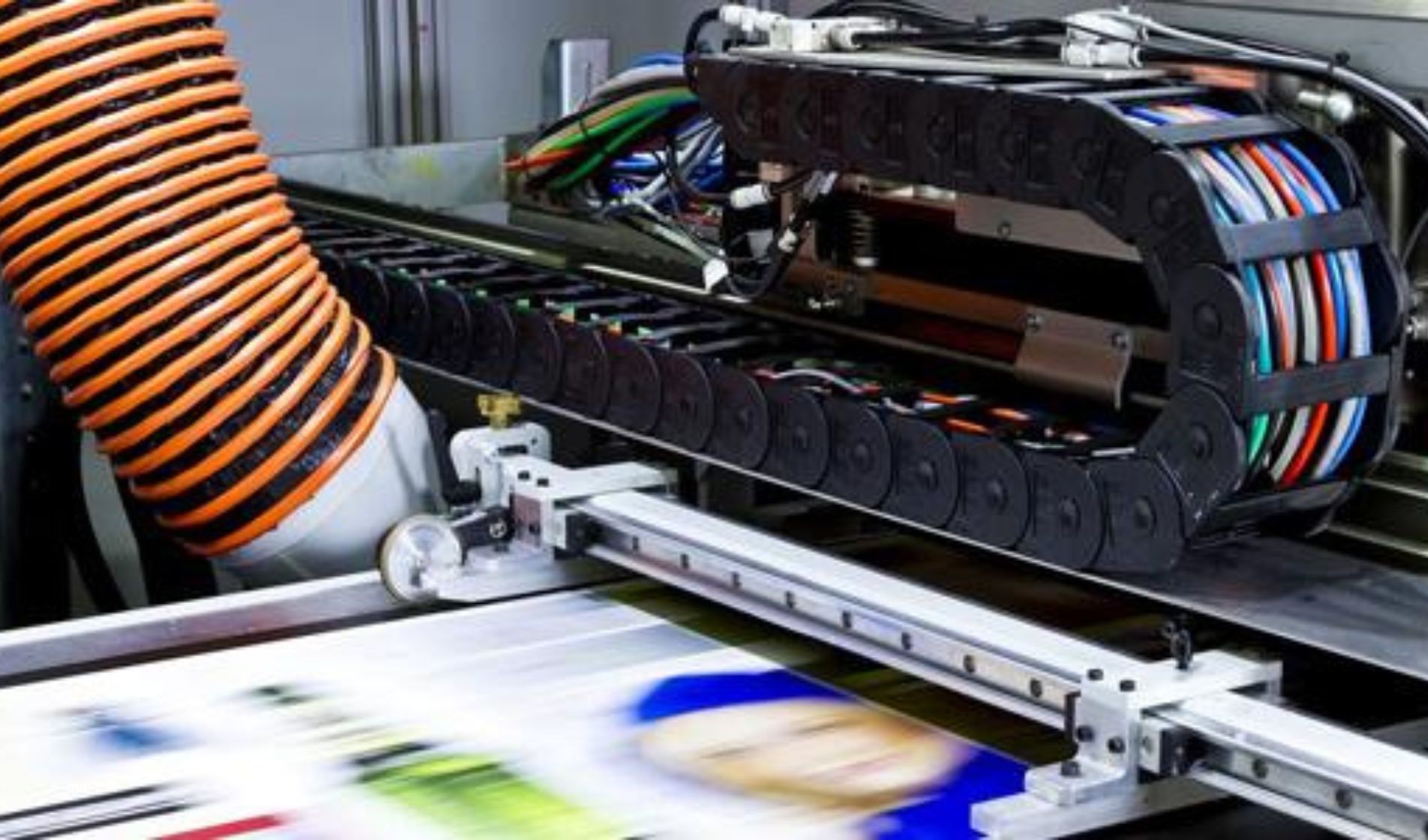Industrial automation has transformed manufacturing processes, increasing efficiency, precision and safety. However, the growing volume of data generated by sensors and industrial machinery poses significant challenges in terms of storage, processing and analysis. The variety and speed of data requires versatile and efficient processing techniques.
Artificial intelligence (AI), and in particular machine learning algorithms, are capable of analysing large amounts of data in real time, identifying patterns and anomalies, and optimising operational processes. This tool is essential for predictive maintenance, anomaly detection, quality control and process optimisation, maximising efficiency and reducing waste.
While AI can offer significant benefits, it also presents a number of challenges: the need for adequate computing power, data management and security. Nevertheless, future trends point to significant progress, with more powerful and energy-efficient devices, improved AI models, and better integration with 5G networks.
Artificial intelligence has the potential to revolutionise industrial data management, dramatically improving operational efficiency and maintenance.






.jpg)
